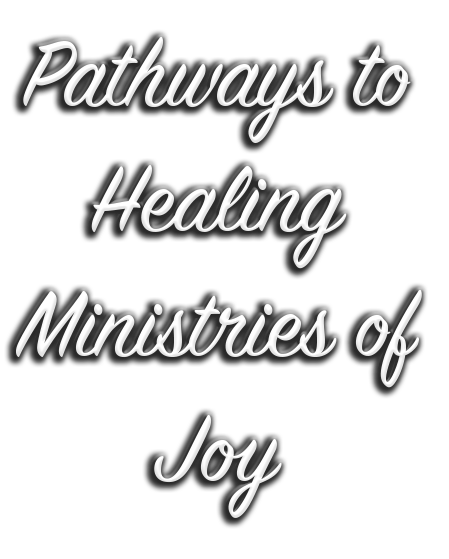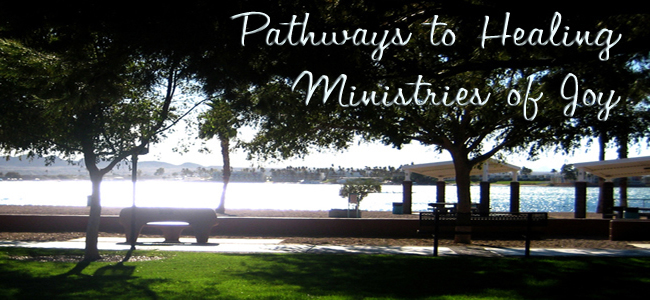Words heard as a girl changed my life. I was eight years old, when I first went away to summer girl’s camp in Mc Call, Idaho. It was a Quaker girl’s camp with a tabernacle made of logs and a sawdust floor. We girls had great times of swimming in the lake and doing crafts. Still, my grandest of all memories are those of being told about Jesus.
There were evening services after full days of play, and on each of those nights I heard about Jesus’ love and what He did for us. I had no idea that going forward and accepting the invitation to acknowledge Jesus was usually done once—and that sufficed. But, no, I chose to go forward, kneeling at the altar to pray every single night of the week-long camp. It really took.
God was never mentioned at home during those early years of my life. That did change as my parents started taking us to church. They became believers themselves soon after my sister and I came back from camp.
Back at home, my mind was so full of memories that I could barely sleep. I would often pray until I could slip into dreamland. I pondered, too, what had been said at camp about needing to ask God to forgive us for times of hurting others or for being disobedient to our parents. I remembered things I did to get even with my older sister. I knew exactly what would set her off. Even wiggling my foot just so, would send her into gyrations of drama. I decided that “might” be “a sin,” so . . . no more entertaining myself by sending my sister into hissy fits. Good-bye to that “being OK.”
Summer ended and it was time to go back to school. Mostly my school years produced good memories like the time a classmate was crying at recess. I asked, “Why are you crying?”
She told of a sad situation happening at home. So I cried, too. Then asked her, “Abbey, have you heard about Jesus?”
“Who’s that?” she asked.
To the best of my memory, I explained to her what I learned that summer, especially in girl’s camp and how my sins had been forgiven. I told her about the Bible verse in Revelations 3:20, that shows Jesus standing at the heart’s door, knocking . . . waiting for us to open the door to His great love. I explained how helpful it is to pray, especially when things scare us.
Abbey said, “I want Jesus in my heart!”
So we prayed together. Surely it was a very simple moment with two children kneeling at the back of the school house, but I often wonder what became of her life as she grew up. Did anyone support her new faith and help her grow spiritually? But the family moved away so I couldn’t follow up with friendship.
I write about this, while pondering how words can change a situation—or even change a person’s life.
Our son Tim also had a friend with whom he shared his faith. (I will call him “Andy,” here.) They were both 11 when the two of them became fast friends. Andy shared some heartaches that weighed on his mind. Tim told Andy what he had learned at home and in Sunday school about having Jesus in his life, and how comforting it was to pray to the Lord about “the scary stuff.”
Shortly after that conversation, Andy told Tim, “God and I have it together.”
The boy shared similar words with his parents. However, his father became upset. He sharply and sternly repressed such talk. When Tim told us this, we prayed for peace to take place between the two of them.
Sadly, the little boy was tragically killed the next day. It was an unusual accident that shocked our entire community. Our whole family was stunned, painfully struck upon hearing this news, but especially Tim.
However, recently as an adult he revisited this memory and said, “I remember how hard it was to lose my friend in such a terrible accident . . . but thinking back I don’t believe I had to grieve for long. Your words made the difference.”
“What words?” I asked.
“I remember clearly. You said, ‘I believe Andy made a quick jump into the arms of God.’”
That was a “wow” for me. As a parent, I probably left that conversation thinking I had not said enough, or had not been of much help.
But, no, although it seemed “inadequate” to me, Tim, now an adult and a father himself, has not forgotten those words.
As Natsuki Takaya, the Japanese manga artist once put it, “Even the smallest of words can be the ones to hurt you, or save you.”


Leave A Comment